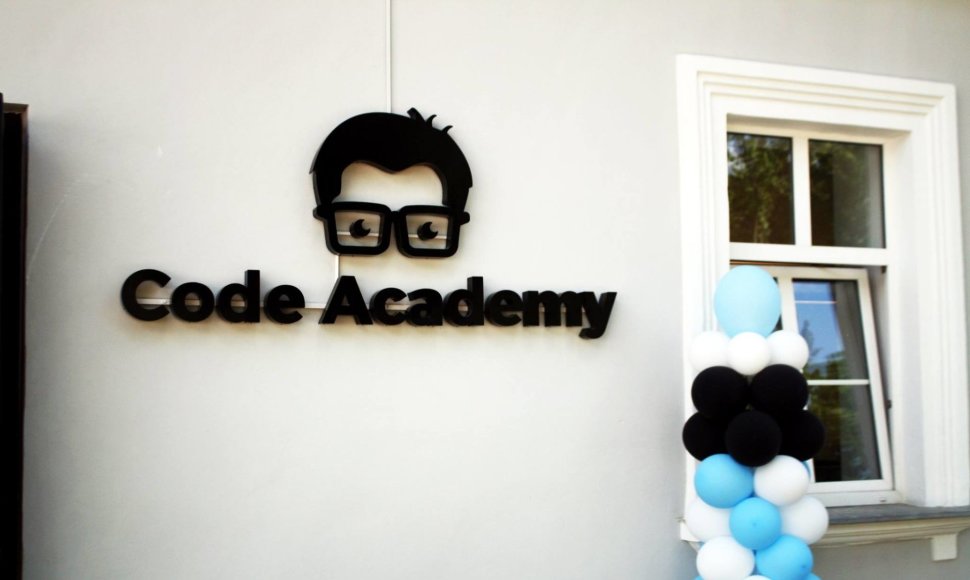An increasing number of graduates fail the mathematics maturity exam every year. Although 94% passed the exam three years ago, the number has dropped to 87% in 2019, while 2020 marked the record-low at 68%. “Given the deteriorating statistics, students’ families should try new learning methods with the help of innovative extracurricular activities,” says Gediminas Petronis, the Education Project Manager of CodeAcademy Kids. Such groups help to close the learning gaps in mathematics through creative problem solving, thus arousing the children’s curiosity and desire to learn more.
“Such a decline in math knowledge may have been caused by the old school notion that learning mathematics is strictly about formulas. To truly understand it, children must seek creative solutions and not be afraid to make mistakes. Dull teaching can discourage a child, so our biggest advice for parents seeking to engage their offspring in science is to get them used to thinking, instead of just going through the motions,” Petronis explains.
An unfit teaching method is another reason for the inability to cope with math problems. A widely used repetition-based rotation model of learning is receiving more and more criticism. According to one research, its ineffectiveness is evident in students’ inability to explain the acquired information in their own words. This causes difficulties in applying knowledge in practice.
According to Petronis, extracurricular activities, such as coding groups, allow families to get acquainted with one of the alternative practices in developing math knowledge. Even though the tasks and activities in the programming classes differ from the traditional math lessons, children absorb the practically-acquired knowledge much faster and can apply it creatively.
“Parents of children attending programming clubs notice an all-around improvement of their offspring. At our academy, students as young as five learn by solving logic problems and puzzles. They play treasure hunts and develop mathematical and storytelling skills,” says Petronis. “Older students learn trigonometry, coordinate systems, and equation solving through the development of computer games and websites. The teachers also introduce children to English, entrepreneurship, as well as time and stress management techniques.”
The benefits of programming were proven in the latest research. According to the data, students not only acquire mathematical or algorithmic knowledge – programming leads to problem-solving through analytical thinking and creativity. Through the development of computer games and websites, kids learn to communicate ideas, work in a team, and make joint decisions.
Gediminas Petronis notes that there is a variety of alternative methods that will help to develop a child’s mathematical and analytical skills. Modern, technology-based activities can not only engage children in math by making it an enjoyable activity but develop a wide array of skills that will be useful in the future too.












